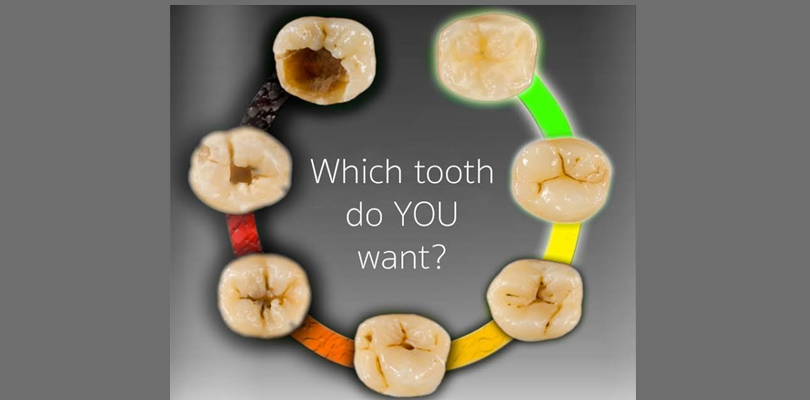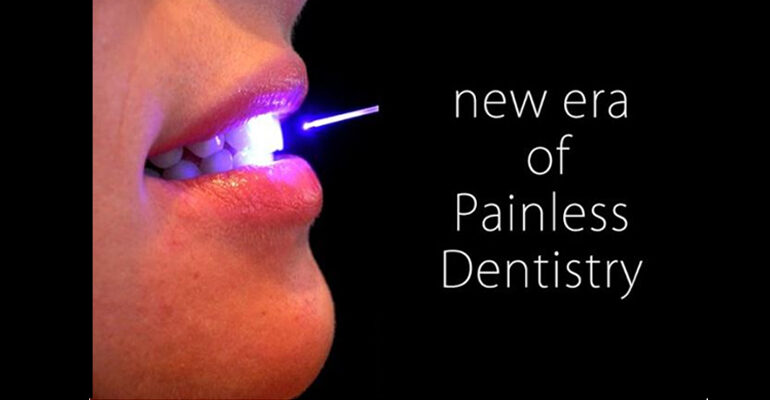What are cavities?
A cavity, also called tooth decay, is a hole that forms in your tooth. Cavities start small and gradually become bigger when they’re left untreated. Because many cavities don’t cause pain in the beginning, it can be hard to realize that a problem exists. Regular dental appointments can detect tooth decay.Cavities and tooth decay are some of the most common health problems in the world.
Symptoms of tooth cavities
The symptoms of a cavity depend on the severity of the decay. They include:
👉 Tooth sensitivity
👉 Tooth pain
👉 A visible hole in your teeth
👉 Black or white staining on your teeth
Causes of tooth cavities
👉 Too many sugary or acidic foods and drinks
👉 A poor oral hygiene routine, such as failing to brush or floss daily
👉 Not getting enough fluoride
👉 Dry mouth
👉 Eating disorders, such as anorexia and bulimia
👉 Acid reflux disease, which can result in stomach acid wearing down your tooth enamel
Preventing Tooth Cavities
Tooth cavities are a common dental problem, but you can reduce your risk by doing the following:
👉 Brush your teeth at least twice per day with a fluoride toothpaste.
👉 Floss at least once daily.
👉 Eat fewer sugary and acidic foods, like sweets, candy, juice, soda, and refined carbohydrates.
👉 Limit snacking between meals.
👉 Consider getting dental sealants on your teeth.
The following foods can help fight tooth decay:
👉 Fiber-rich fruits and vegetables
👉 Calcium-rich foods
👉 Xylitol sugarless chewing gum
👉 Unsweetened black or green tea
👉 Water with fluoride
Also, don’t forget to visit your dentist at least twice per year for regular teeth cleanings. This allows you to get treatment for any problems your dentist finds, and it will help prevent future dental problems.



